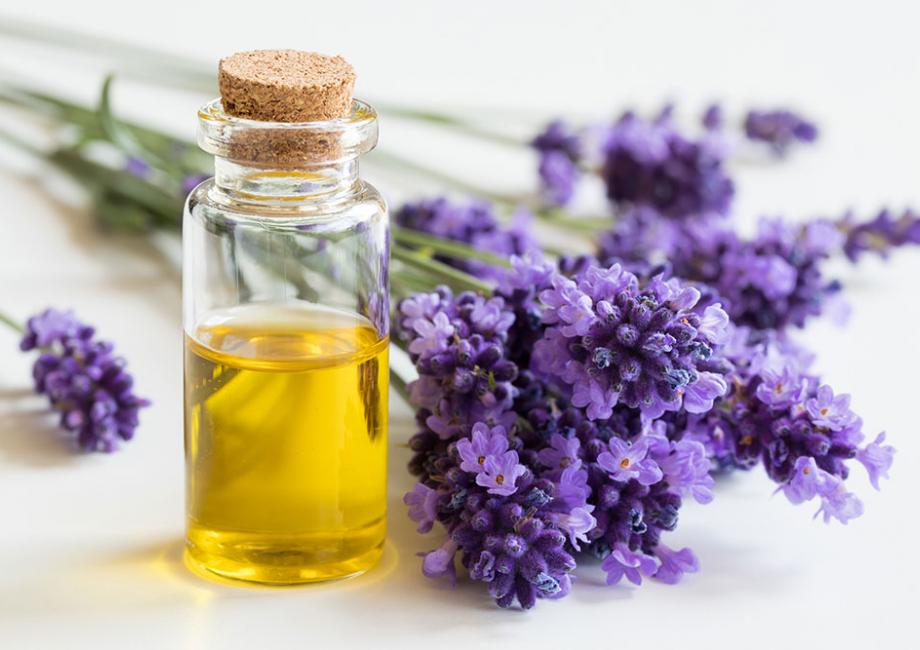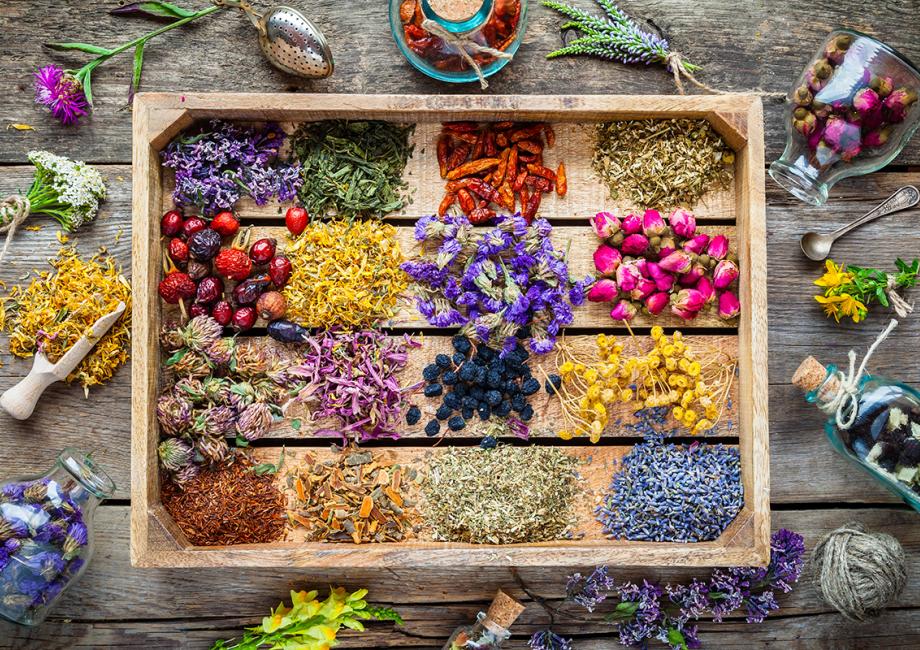
The debate over "natural" vs synthetic household product ingredients
“Natural” doesn’t necessarily mean better or safe.
However, a majority of Americans believe “natural” means from the earth and therefore healthy, and products made with synthetic ingredients are harmful. The truth is, both can be helpful or harmful depending on how they’re used.
What’s the difference between natural and synthetic ingredients?
In many cases, there is none. The synthetic ingredients used in air fresheners, for example, are identical to their natural counterparts. This means they’re exactly the same when examined under a microscope. So, a lavender fragrance molecule created in a lab for your fabric spray will be indistinguishable from what you’d find in the lavender growing in your yard.
Unfortunately, the internet is rife with inaccurate information that vilifies synthetic ingredients and the household products that include them. This has led to an irrational fear of chemicals and formulated products, which is an aversion referred to by scientists as chemophobia.
People who experience chemophobia often believe they can eliminate all chemicals from their life. They also believe man-made chemicals are inherently dangerous, unregulated and should be avoided.
Let’s address some of these concerns.
Living a chemical-free life
Everything is made from chemicals and its impossible to create a product that is chemical-free. There are no chemical alternatives, just choices about which chemicals to use and how they’re made. From the tea you drink to the soap you wash your hands with, man-made and natural chemicals are literally everywhere.
All-natural isn't always better than man-made
Many organic plants can contain allergens or other harmful substances (hello, poison ivy!). Plants also can contain impurities from nature. Man-made ingredients can be produced with greater purity and sustainably than what can sometimes be found in nature.
Chemicals are not synonymous with danger and disease
Knowing whether an ingredient was created in a lab or taken from nature won’t tell you anything about how safe the final product will be. Consider this, asbestos is naturally occurring, and tobacco is from the earth, and the negative health effects of both are well known.
Quantity matters
An apple a day keeps the doctor away, they say. However, apple seeds contain natural cyanide which can be lethal if eaten in large quantities. This leads to another important point: the effects of a chemical will change depending on the amount you come into contact with.
Household products are among the most highly tested for safety
Scientists and healthcare professionals develop and test household products every day to ensure they are safe and effective for individuals, families, pets, and the environment. Synthetic chemicals included in household products go through rigorous testing and are often purer and more sustainable than natural ones.
Whether you choose products made with ingredients sourced from nature or products formulated for effectiveness, using them responsibly is of utmost importance. Always read product labels for ingredient lists and directions on how to use, store, and dispose of them properly. Product websites are another valuable resource for getting the facts about product ingredients and best practices for using them safely.
References
- ‘Chemophobia’ is irrational, harmful – and hard to break . Aeon . Retrieved from https://aeon.co/ideas/chemophobia-is-irrational-harmful-and-hard-to-break



